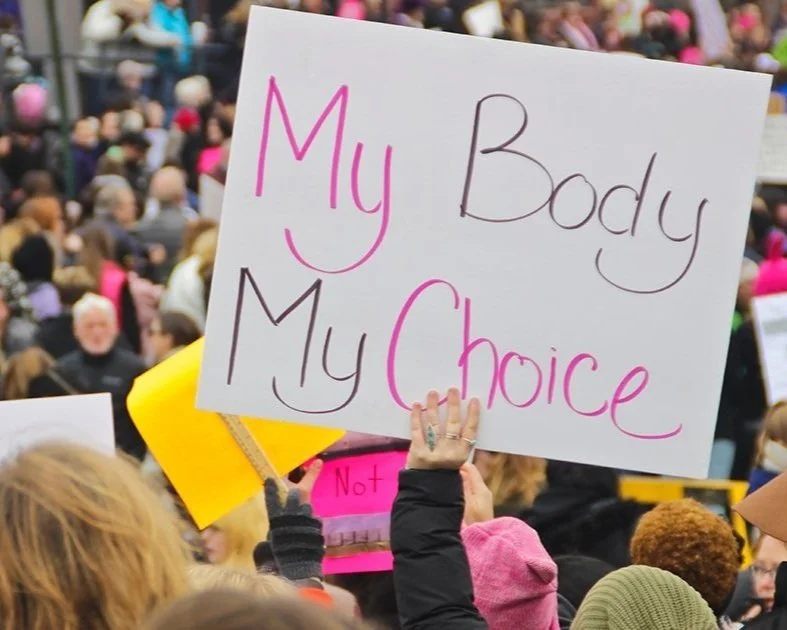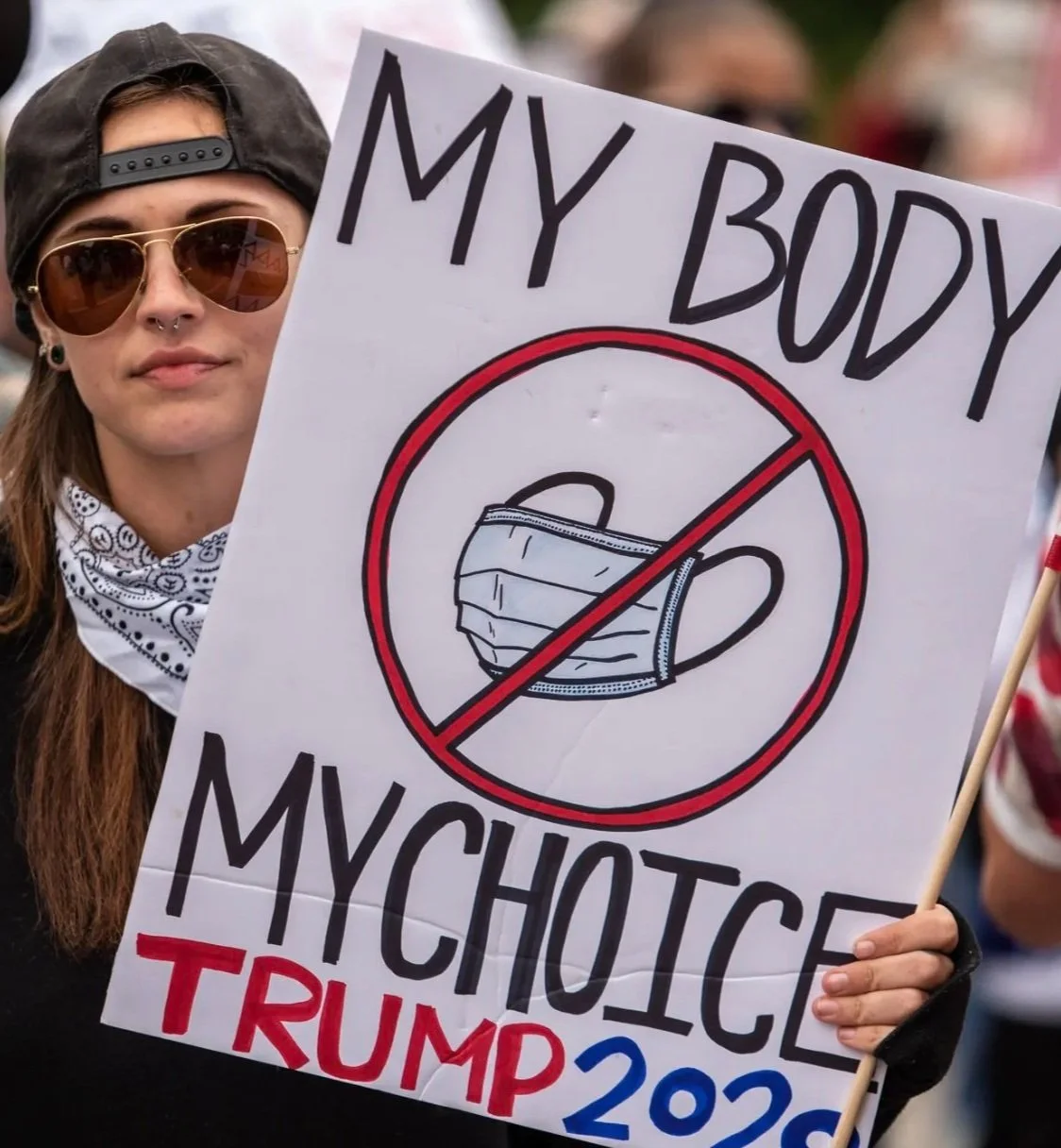It’s Time to Rethink “My Body, My Choice”
Benjamin Clapp/Shutterstock
Everyone has been talking about women’s rights. Last summer, the Supreme Court overturned Roe v. Wade and made abortions inaccessible in nearly half of the 50 states. Just a months ago the murder of Mahsa Amini in Iran sparked protests and conversations about gender justice under authoritarian regimes. The world, it seems, is fixated on women and what they should or shouldn’t do.
A single slogan, however, cuts through all the unrest: “My body, my choice.” My choice to have an abortion. My choice to wear a hijab. My choice to do what I please with my body. The phrase is ubiquitous — chanted on the streets, printed on T-shirts and tote bags, endorsed by luxury fashion brands, preached by celebrities.
But “my body, my choice” can only get us so far. It’s time to rebrand the womens’ rights movement.
The Problem with Hyper-Individualism
One of the reasons “my body, my choice” has had such a sweeping impact is that it taps into a fundamental understanding many U.S. Americans have: individual choice is sacred. We live in a “free country.” We should be able to eat what we want, drive what we want, buy what we want, say what we want, do what we want.
But should we be free to do whatever we want? Should people commit hate crimes, carry guns, get dangerous cosmetic surgery procedures? “My body, my choice” might say yes to all these questions, but in reality the answer is much more complicated.
The problem with this “do what I want” mindset is that it ultimately harms others. Hate crimes proliferate. Rates of school shootings surge. Unattainable beauty standards reign. We fail to consider that we humans are interdependent on one another, that the well-being of one is tied up in the well-being of us all.
Conservative Co-Optation
The shortcomings of “my body, my choice” are blatantly apparent in the way right-wing, conservative COVID skeptics have co-opted this phrase in the past couple years. From their perspective, if women can choose not to have a baby, they can choose not to get the vaccine or wear a mask.
Of course, this logic is not perfectly sound; the consequences of having a baby and raising a child are far more severe than wearing a thin sheet over your mouth or getting a jab in your arm.
But the main thrust of the argument is remarkably similar. If I have complete and consummate autonomy over my own body, why should I take the vaccine? Why should I watch what I say? Why should I care about others?
Sergio Flores/Getty Images
Opting for a Humanistic Perspective
I am not denying the profoundly important and monumental impact the “my body, my choice” campaign has had on the reproductive rights movement. It is a simple, catchy phrase that many people can understand and support. But if “pro-choice” COVID skeptics can teach us anything, it’s that we need a new strategy.
We need a more humanistic perspective. Women should have access to abortions not simply because they want to, but because the alternative is rampant inequity. Banning abortions is an act of violence — against low-income women, women of color, and even the potential child who the mother may be financially, physically, and emotionally unable to support.
Instead of “my body, my choice,” we should emphasize that pregnancy is not a health-neutral event. That abortion justice is economic justice. Racial justice. LGBTQ justice. Disability justice.
Like so many other issues, abortion inequalities are reflective of broader societal inequalities. And so when we fight for abortion acces, we fight for a better world in which the marginalized are uplifted and the disenfranchised are empowered.
Rebecca Todd Peters, social ethicist and author of Trust Women: A Progressive Christian Argument for Reproductive Justice, makes a compelling point: “When we are focused on influencing individual women’s decisions, we are distracted from...shaping public policy to create a just society that supports and protects women and their families.”
Rather than fixating on the “my” — my body, my choice, and myself — it’s time to think about the “our.” How can we build a happier, healthier, more humane world? Abortion rights are part and parcel of collective well-being. Abortion rights are rights of us all.

